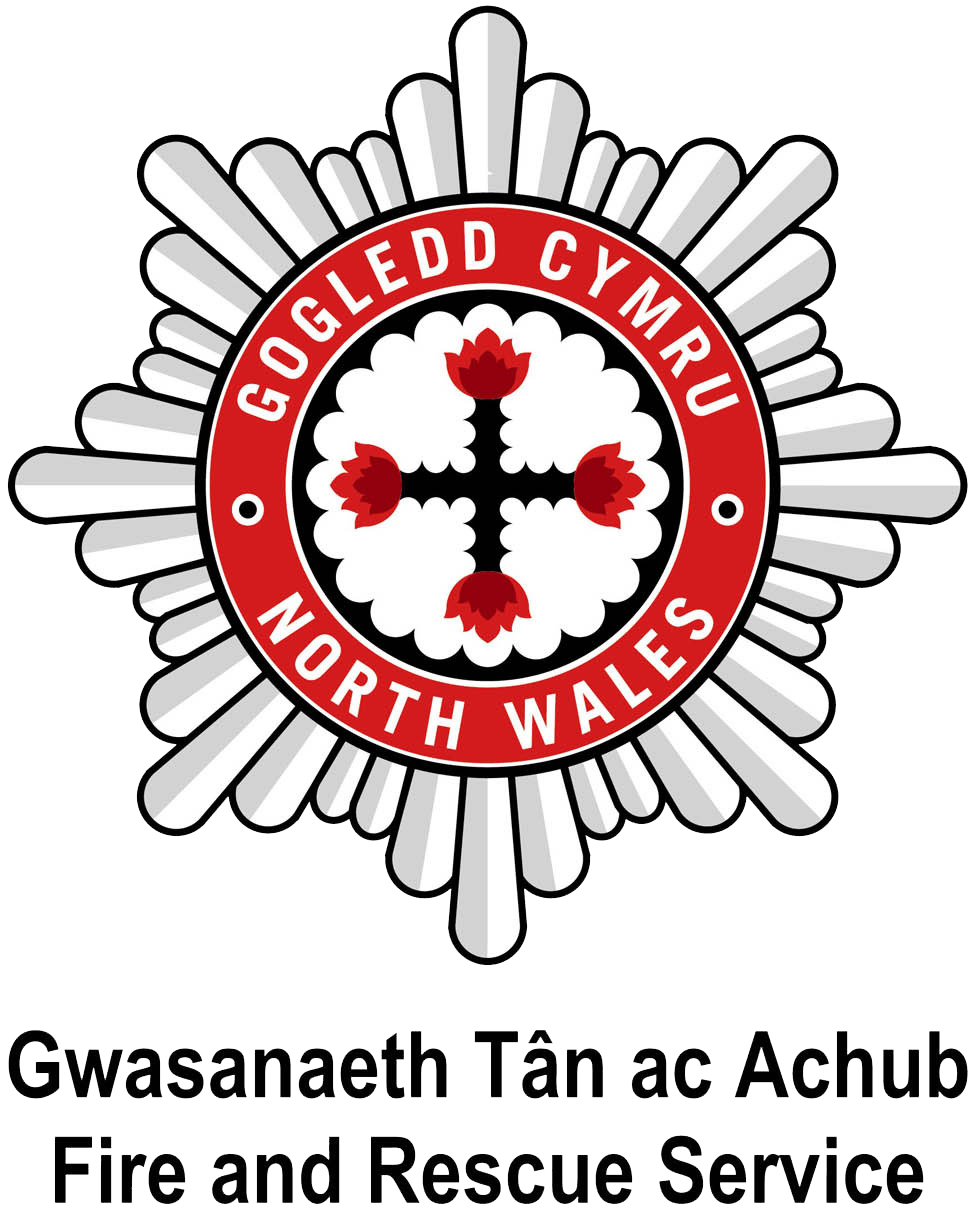Firefighter ‘Future Leader’ Apprentices
PURPOSE OF REPORT
To describe to Members the measures taken to both develop our existing staff and to recruit new starters with the potential to progress into more senior positions in the future.
To inform Members of the progress made to recruit firefighter ‘Future Leader’ apprentices.
EXECUTIVE SUMMARY
A reduction in both the numbers and quality of candidates engaging in promotional processes in recent years has led to an inability to permanently appoint to posts at various levels of the operational service.
The issue is complex and without a single solution, however a number of different measures have been deployed in order to address this problem.
Whilst many of these measures are targeted towards the identification and nurturing of talent from within the existing workforce, others relate to the recruitment of new starters who have the potential for development at an accelerated pace, whilst still achieving all of the required competencies.
For the first time, the Service will be running an apprenticeship programme designed to recruit apprentices with an increased potential to progress beyond the firefighter role and into supervisory, middle and senior manager positions.
The recruitment of ‘Future Leaders’ apprentices has been undertaken in line with the Fire and Rescue Authority’s objective to maintain a suitably diverse, resilient, skilled, professional and flexible workforce.
By the end of the three year apprenticeship, those who have completed the programme will have experienced working in different stations and departments across the Service.
The ‘Future Leaders’ apprentices will be able to demonstrate a high level of technical and practical ability, supported by vocational experience and academic qualifications. Following this they will be prepared for onward career progression into managerial roles.
RECOMMENDATIONS
That Members note the information provided in this report.
BACKGROUND
In order to provide the appropriate levels of supervision and management for the operational workforce it is necessary to select the right people, who not only possess the necessary technical and operational knowledge, but also have the potential for onward progression into more senior positions.
In recent years fewer people have been engaging with the qualifying elements of promotional processes and as a result the number of staff members who possess the requisite skills to be considered for promotion, has been far lower than in previous years.
Those who have achieved the requisite qualifying elements and attended for interviews at both supervisory and middle management levels often were not able to demonstrate an understanding of wider organisational awareness and the corporate requirements of an operational officer.
The problems of both fewer candidates engaging in promotional process and a reduction in the quality of candidates applying for promotion, has led to an inability to permanently appoint, with a number of staff members currently occupying temporary positions.
To better understand why there has been a reluctance for staff to engage in promotional process and to increase engagement a suite of proactive measures have been deployed.
Measures have included engaging with staff; promoting the many benefits of career progression; encouraging greater engagement with the promotional process and running workshop events to provide staff with a better understanding of how to be successful in the qualifying elements of that process. In addition, the number of opportunities for staff to achieve the requisite qualifying elements has been increased from one to two per year.
Additionally, there have been a number of measures taken to develop those with talent so that they are able to not only achieve the standards required to access the final interview but also to be better prepared when they do. This has included identification of members of the Service who are considered to have ‘high potential’ and providing them with development opportunities bespoke to their individual needs.
There have been several workshop and masterclass opportunities that have been developed and cascaded to those who are engaging with promotional processes. Some of the areas covered in masterclasses have been written communications, media relations, finance, having difficult conversations, the requirements of a corporate officer and political awareness.
In recent years apprentices have been an integral part of the Service’s strategy for operational firefighter recruitment.
The Service has previously been successful in recruiting and developing two cohorts of apprentices enabling them, once qualified, to apply for permanent appointment. All previous firefighter apprentices have been appointed into permanent firefighter positions.
Building on the success of the first two cohorts of apprentices, and also to proactively address the need to recruit those with the potential to progress into more senior positions with a higher degree of certainty, the concept of a ‘Future Leaders’ apprenticeship was born.
INFORMATION
The recruitment process began in early 2020, with a brief pause due to COVID restrictions. Suitable control measures have now allowed restrictions to be overcome and the process has now been completed.
‘Future Leaders’ apprentices will undertake additional training experiences during their three year apprenticeship. Achievement in not only the accreditation requirements for the traditional firefighter apprenticeship, but also in relation to leadership, technical tests and assessment and development centres, as well as working in a variety of supporting departments will become a contractual requirement, all preparing the apprentices for their career progression pathway.
Previous academic achievement is a reasonable predictor of a candidate’s ability to cope with the intensity of development required in the three year period. Because of this, the entry requirements for ‘Future Leaders’ apprentices were at a higher level than previous apprentice cohorts.
Prior to opening recruitment, a series of positive action events took place. These activities were successful in that they helped achieve far more diversity in the group applicants than has been achieved in previous recruitment campaigns.
After a successful multi-stage recruitment campaign, ten candidates, have been selected for appointment and subject to them passing all pre-employment checks including a medical examination, they will begin their apprenticeships on 19 April 2021.
The group that has been selected is diverse and well-balanced in terms of gender, age profile and level of Welsh speaking ability.
For the first time, the achievement of Welsh language level two within the period of probation and level three prior to the end of the course, is a contractual requirement for all firefighter apprentices to achieve.
The first part of their training will focus on the operational firefighter role and will take 11 weeks to complete. After initial training is completed, the apprentices will continue their development journey and commence the first of a number of rotations into different departments across the organisation. A number of courses and qualifications will be achieved along the way.
After the completion of a three year programme, apprentices will be ready to progress into the first tier of line management, but also have many of the skills and experiences to enable them to move from supervisory management into middle management soon after.
IMPLICATIONS
Wellbeing Objectives
The Authority’s fifth well-being objective relates to maintaining a suitably diverse, resilient, skilled, professional and flexible workforce. Apprentices are a fundamental part of achieving this objective. The ‘Future Leaders’ programme will build on the successes of previous apprenticeship programmes.
Budget
These roles have already been considered and included in the Authority’s budget setting for 2021/22.
Legal
The Authority has a duty to provide a suitably trained workforce and to plan for future resourcing requirements.
Staffing
All staffing requirements to support the delivery of the ‘Future Leaders’ apprenticeship programme will come from the current workforce.
Equalities/Human Rights/Welsh Language
Prior to the recruitment process beginning the Service sought to engage and encourage applicants from across all parts of society and who are most representative of the communities of North Wales.
The apprentices are required to achieve level three Welsh language prior to the end of the course.
Risks
None identified.

